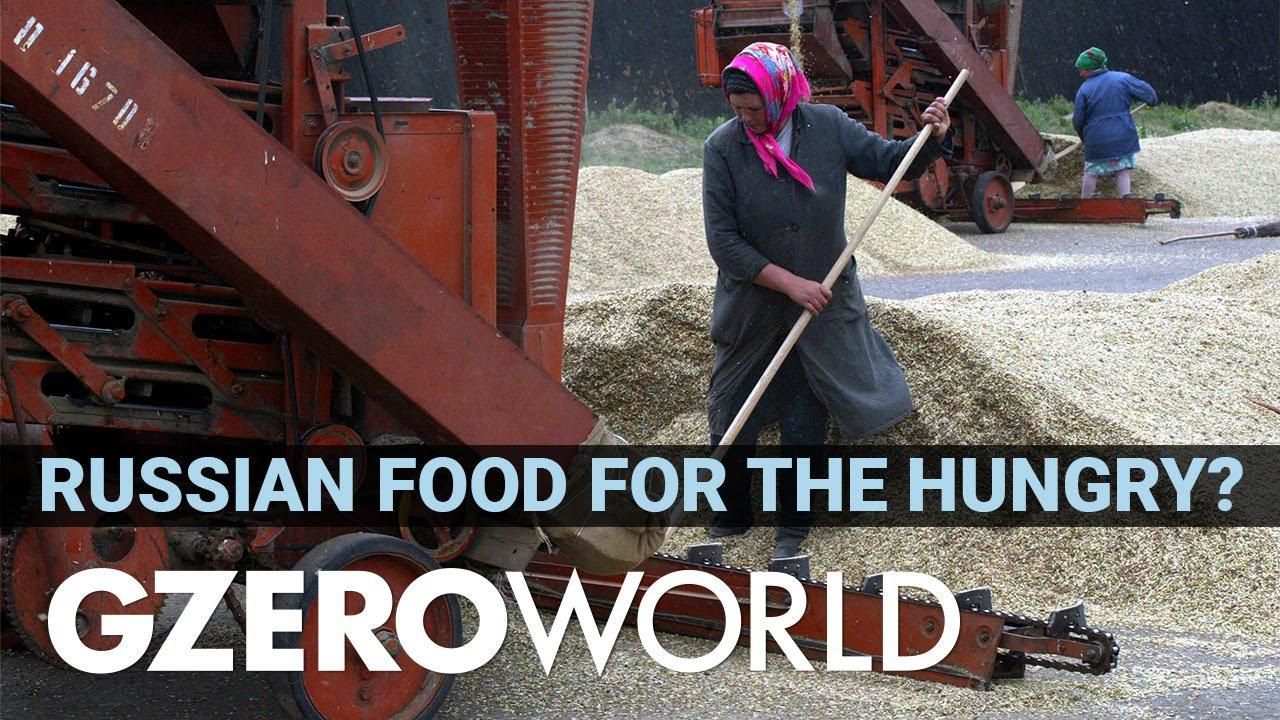
Russia's war in Ukraine has put the international community in a tough spot.
Sanctions against Russia that affect global food commodities will make people go hungry, especially in the Global South. But then the Russians will continue to profit from selling all that food.
So, who should make that call? Ertharin Cousin, who knows a thing or two about the United Nations because she used to run its World Food Programme, says it's time for the UN Security Council to step in.
But there's a divide between Western powers that want to be tough on Russia yet keep buying their oil & natural gas, & non-aligned countries in Global South that rely on Russia's food & can't pay to subsidize staples.
Cousin tells Ian Bremmer the West should "move beyond platitudes" and offer developing countries financial support to deal with the food crisis because now with China, "we need to realize we're not the only game in town."
Watch the GZERO World episode: A perfect storm of food insecurity: a problem for all of us
- A perfect storm of food insecurity: a problem for all of us - GZERO ... ›
- The Graphic Truth: Piling sanctions on Russia - GZERO Media ›
- Russian ruble weathers sanctions storm - GZERO Media ›
- Why is Russia on the UN Security Council? - GZERO Media ›
- Why is Russia on the UN Security Council? - GZERO Media ›
- Why is Russia on the UN Security Council? - GZERO Media ›